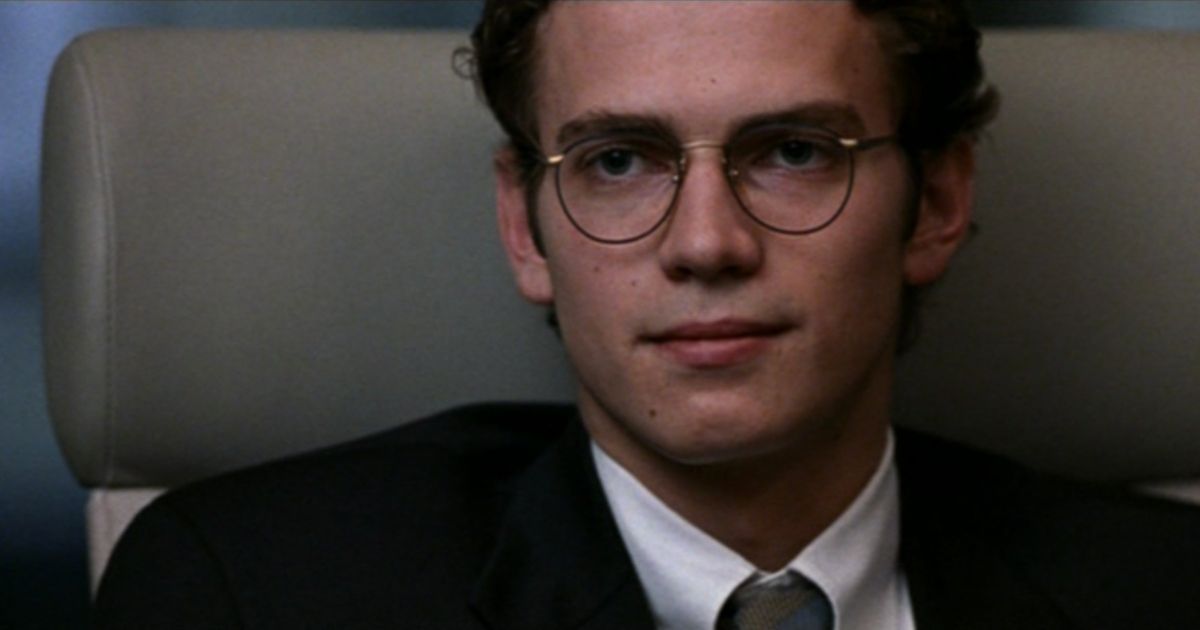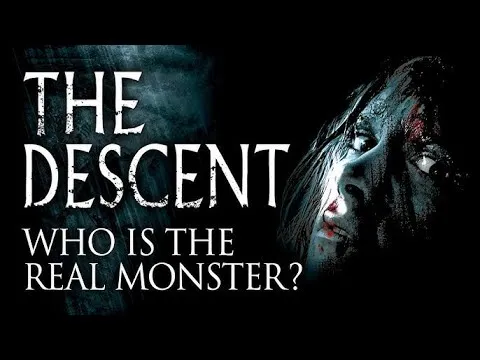He didn’t just tell stories—he became one
Shattered Glass (2003), directed by Billy Ray, is a gripping journalistic thriller based on the true story of Stephen Glass, a young writer who rose quickly through the ranks of political journalism—only to fall just as hard. Set in the competitive newsroom of The New Republic during the late 1990s, the film explores not just the anatomy of a lie, but the desperation, charm, and insecurity that fuel it.
Stephen Glass, portrayed by Hayden Christensen in a career-best performance, is a rising star. He's funny, self-deprecating, and seemingly adored by his colleagues. His stories are quirky, edgy, and brilliantly entertaining—too entertaining. As the film unfolds, the cracks in his polished image begin to show. A fact-check here, a missing source there, and slowly, suspicions creep in. When one of his most outrageous articles is investigated by a rival online publication, the dominoes begin to fall.

What sets Shattered Glass apart is its restraint. It’s not a flashy exposé, but a quiet, claustrophobic unraveling of one man’s deception. The newsroom becomes a pressure cooker, especially as Peter Sarsgaard’s quietly fierce portrayal of editor Chuck Lane takes center stage. Lane’s transformation—from reluctant boss to determined truth-seeker—is the film’s moral backbone. His calm, persistent pursuit of accuracy is a stark contrast to Glass’s nervous charisma.
The brilliance of the film lies in how it balances empathy with accountability. Stephen isn’t painted as a cartoonish villain—he’s a young man drowning in the need to be seen, to be admired, to be "the guy who gets it right." But charm isn’t enough when trust is broken. As lie after lie collapses under scrutiny, we see the psychological toll not only on Glass himself, but on his coworkers—people who believed in him, defended him, and now must confront the betrayal.
Visually, the film leans into cool, muted tones and tightly composed shots, reflecting the sterile atmosphere of a magazine built on fact—and the growing sense that fiction has been quietly eroding its foundation. The storytelling is precise, just like journalism should be. And that’s the point: truth matters. Not just for the reader, but for the profession, for the people behind the bylines, and for the legacy they leave behind.

Shattered Glass is a cautionary tale, yes—but also a compelling character study about the seductive power of fabrication, the bravery required to face facts, and the line between storytelling and manipulation.

-1751166401-q80.webp)

-1752638274-q80.webp)